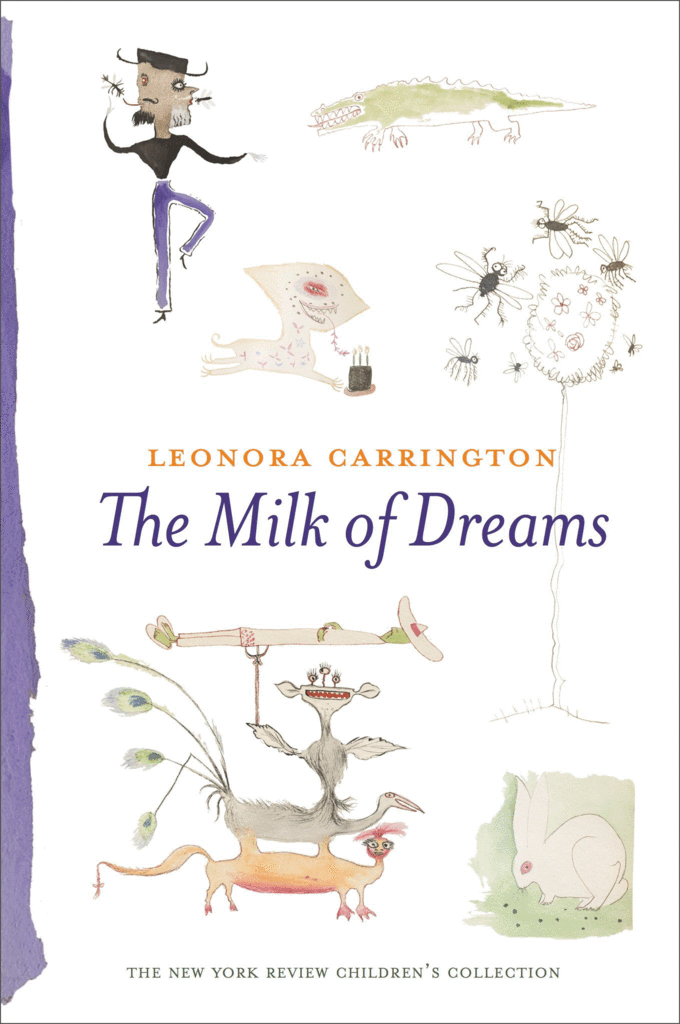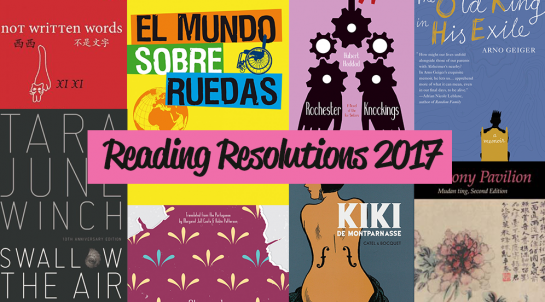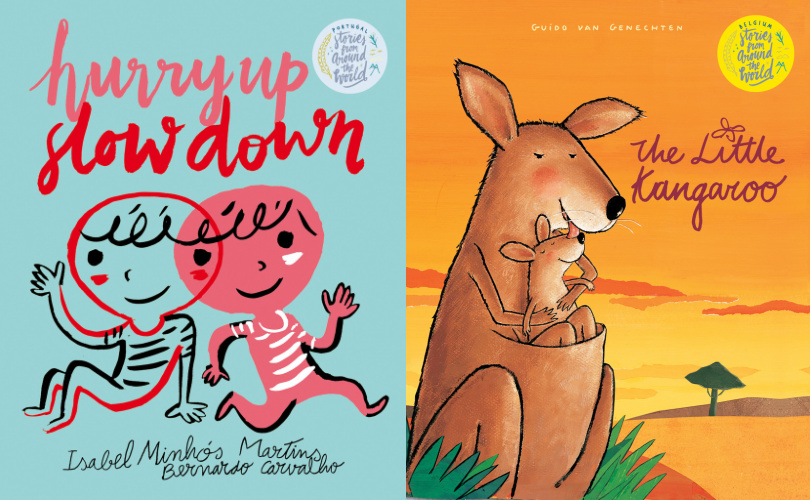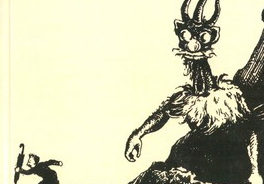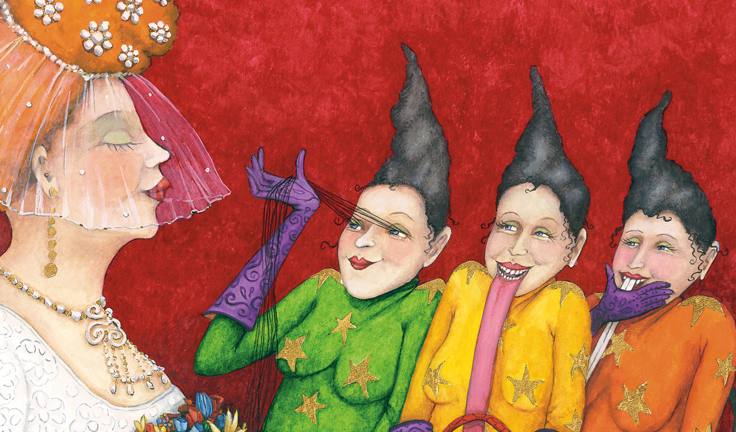This week, our writers bring you the latest news from Sweden, Iran, and the UK. In Sweden, a new translation of Albert Camus’s The Plague is on its way, and the annual children’s book award ALMA has announced Baek Heena as its winner; in Iran, sales of The Enlightenment of the Greengage Tree have surged after its nomination for The International Man Booker Prize, and readers have welcomed a Persian translation of Italian writer Paolo Giordano’s new non-fiction work about contagion; in the UK, authors and publishers are proving resourceful after the cancellation of key literary festivals; finally, people around the world have been mourning the death of best-selling Chilean author Luis Sepúlveda, who sadly passed away this week in Spain.
Eva Wissting, Editor-at-Large, reporting from Sweden
Easter in Sweden is usually a time when people have a few days off and either go skiing or open up the country cottage after the winter. This year, however, like in a lot of other places around the world, people have had to alter their plans as traveling was discouraged, even within the country. Unlike most of its neighboring countries, Sweden still allows bookstores as well as most other stores to remain open. Nevertheless, changed habits in a time of social and economic uncertainty has led to a decrease in sales of physical books by 35%. Although sales of e-books have increased by over 10%, bookstores have started plans to lay off employees and renegotiate rent costs, in order to manage a possible prolonged decline in book sales.
One book that nonetheless sells like never before in Sweden at this time, is French Algerian author Albert Camus’s The Plague from 1947. Swedish readers have the book today in a translation by Elsa Thulin from 1948, but a new translation is on the way, by Jan Stolpe, and will be available in stores by the end of April. READ MORE…







